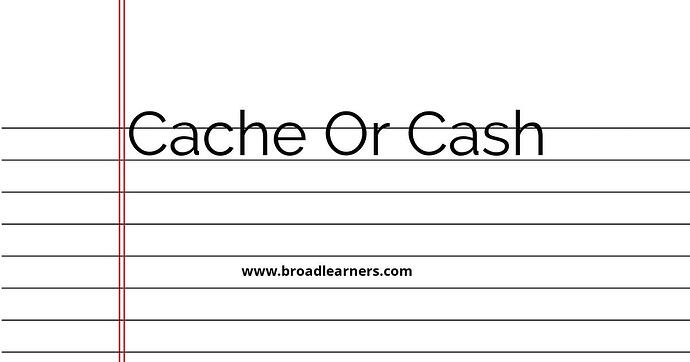'Cache' and 'cash' are commonly confused words in English grammar. Understanding the difference between 'cache' and 'cash' is important to use them correctly in written and spoken English.
'Cache' is a noun that refers to a collection of items that are hidden or stored away for future use. It can also refer to a computer memory that stores frequently accessed data.
'Cash', on the other hand, is a noun that refers to money in the form of coins or banknotes.
Let's take a closer look at the meanings and usage of 'cache' and 'cash'.
| 'Cache' | 'Cash' |
|---|---|
| The word 'cache' refers to a collection of hidden or stored items. | The word 'cash' refers to money in the form of coins or banknotes. |
|
|
To remember the difference between 'cache' and 'cash', it can be helpful to think of 'cache' as something hidden or stored away, while 'cash' specifically refers to money.
Here are some examples of correct usage:
- I stumbled upon a cache of vintage coins in my grandfather's basement. (referring to a hidden collection)
- Please bring cash for the concert tickets. (referring to money)
- The website uses cache to store frequently accessed data. (referring to computer memory)
- He keeps his cash in a safe deposit box. (referring to money)
Remembering the correct usage of 'cache' and 'cash' will improve your grammar and communication skills.
